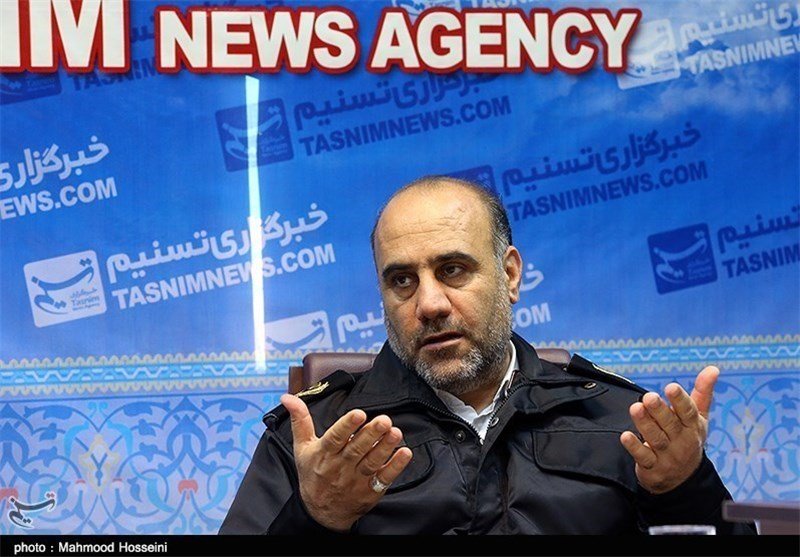Police commander says one Jaish-ul-Adl terrorist still at large, patrolling continues

TEHRAN - At least one Jaish-ul-Adl terrorist is still at large after an anti-terror raid by Iranian police officers killed five of the team’s members on Monday in southeastern city of Khash, Sistan and Balouchestan province.
The so-called Jaish-ul-Adl group, which translates as Army of Justice, was formed in 2012 by members of the Pakistan-based Jundallah, another terrorist group which was dismantled by Iranian intelligence forces in 2010 after its ringleader, Abdolmalek Rigi, was executed, Press TV reported.
Jaish-ul-Adl has claimed responsibility for a number of terrorist activities in Pakistan and Iran in recent years.
One police officer was also martyred in the shootout and one local, a lady, wounded, according to the provincial police spokesman.
“Police officers were lying in ambush 30 kilometers away from the terrorists’ route,” according to Second Brigadier General Rahimi, provincial police commander.
Police officers opened heavy fire at the terrorists as soon as they were within range, the commander said, adding, “Initially, two of them were killed and other two in later chasing. Also, one was killed in a mountainous area and one is still at large.”
On February 6, 2014, the terror group abducted 5 Iranian border guards in the Jakigour region of Iran’s southeastern province of Sistan and Baluchestan and took them to Pakistan.
On March 23, 2014, the terror group said that it had killed one of the hostages named Jamshid Danaeifar. The other four were freed and reunited with their families two months after their abduction.
It should be noted that in an earlier operation in the extreme northwest of the country, the Islamic Revolution Guards Corps (IRGC) Ground Force servicemen killed five members of the Party for Free Life in Kurdistan (PJAK) terrorist group, Tasnim reported.
According to the IRGC, members of the terrorist cell were killed in an ambush after extensive intelligence activities in Sardasht region in the northwestern province of West Azerbaijan.
Western and Eastern borders of Iran have been a hotbed for terrorist activities, mainly influenced by weak border monitoring of neighboring countries, including Pakistan, Afghanistan, and Iraq.
Annually, Iranian forces bust terrorists groups in the regions, while losing forces, as well.
The terrorist clashes come at a time when the U.S. State Department’s annual report blamed Iran for supporting terrorism, branding the country as “the foremost state sponsor of terrorism in 2015,” and claimed that Iran has provided “a range of support, including financial, training, and equipment, to groups around the world.”
